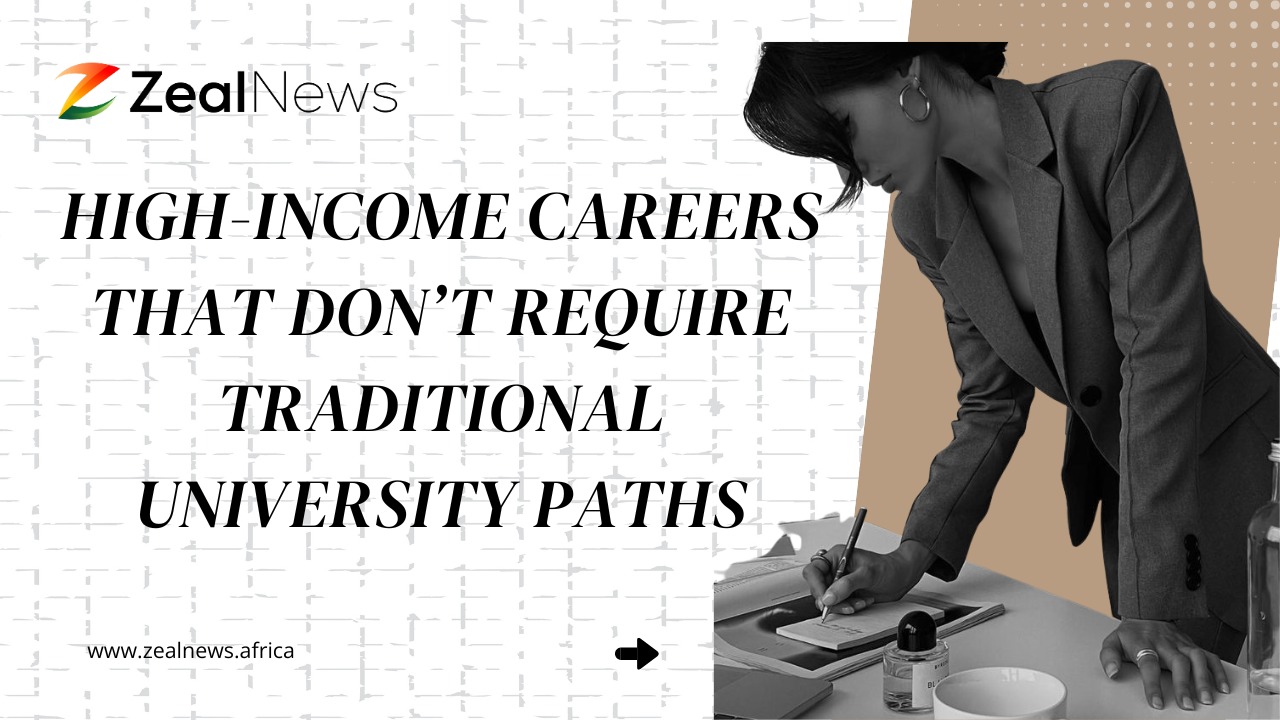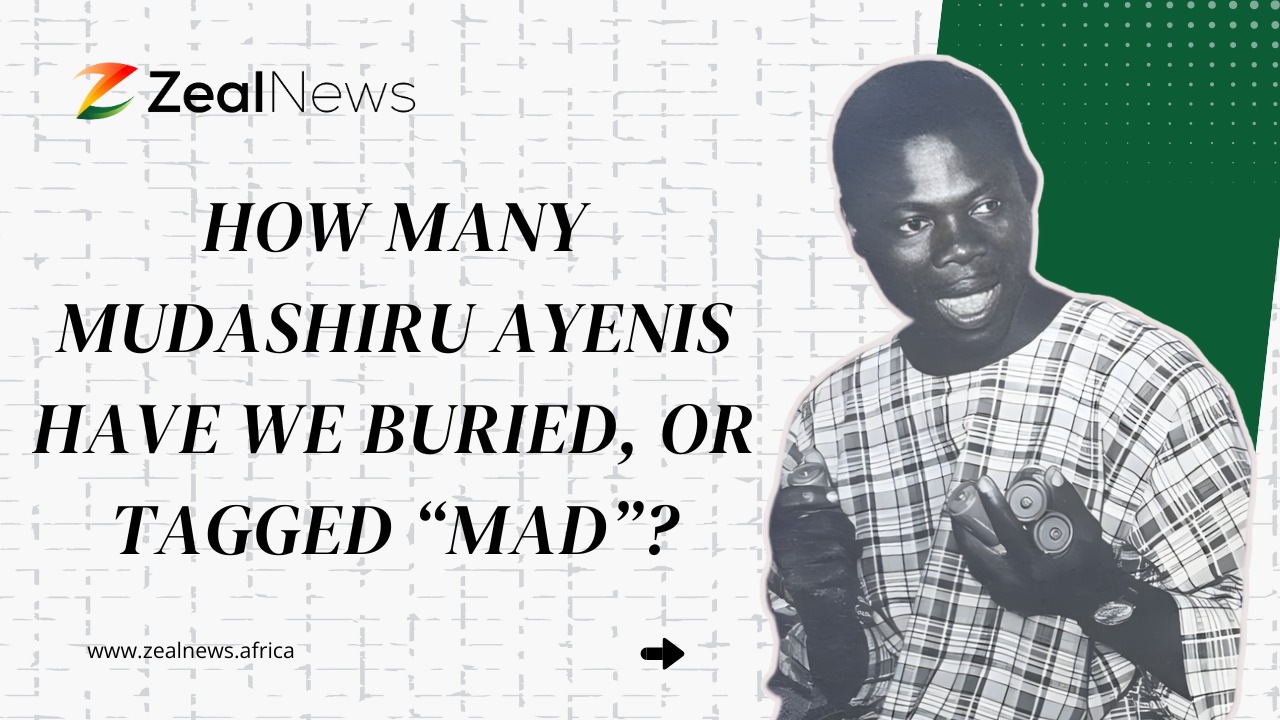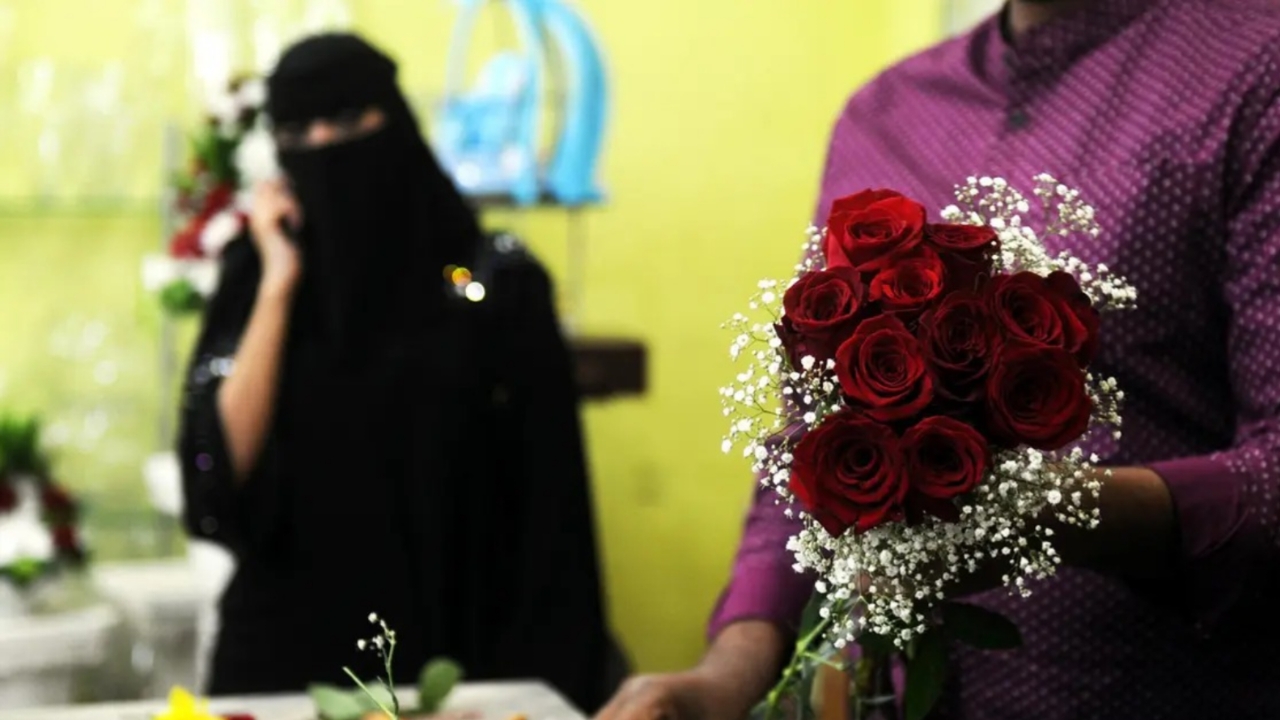Visa Denied: The Cost of Global Travel Inequality for African Creatives
.jpeg)
Written By: Unusere Precious
Visa denied, no concrete explanation, no room for appeal. “Insufficient ties to home,” is what is heard, despite invitation letters, sponsorship, and return tickets.
This isn’t a rare story. For many African creatives, talent opens the door, but their passport keeps it shut. In an industry that thrives on connection, visibility, and presence, visa inequality doesn’t just delay opportunity, it denies it altogether.
The Reality Of Visa Inequality
Visa denial is not just an inconvenience, it’s a structural barrier that painfully affects Africans across the continent. According to data from the European Commission, Schengen visa rejection rates for African countries are among the highest in the world.In 2022, rejection rates for Nigeria stood at 45.9%, Ghana at 41%, and Senegal at over 50%—compared to less than 10% for applicants from North America and most of Europe.
The reasons given are often rooted in economic profiling. Common grounds for refusal include:
1. Lack of sufficient funds
2. Unclear travel purpose
3. Risk of overstaying and no clear intent of return.
4. Weak home tie
Photo Credit: Diaspora Africa - Google image
Out of the many rejected applicants are invited guests of international festivals and events. The rising number of artists that have been denied visas for events has alarmingly increased over the years. Their absence is not only felt on the global stage but in the conversations that could have shaped global perspectives about Africa.
These tell a story: global mobility is still a privilege, and for many African creatives, the stage is global but access to it is policed by gatekeepers who rarely see beyond the passport.
Diaspora Connect
Stay Connected to Home
From Lagos to London, Accra to Atlanta - We Cover It All.
Unequal Access: The Passport Privilege and Modern-Day Colonialism
One of the obvious displays of global inequality and shows that global mobility is a privilege lies in the power of a passport.
Citizens from many European countries enjoy what’s known as “visa-free” or “visa-on-arrival” access to a vast number of nations—including most of Europe, North America, and even parts of Africa.
while also gaining easier entry into other parts of the world. This seamless mobility, however, is not afforded to the average African passport holder.
It raises an urgent need for African nations and the African Union to reimagine regional mobility. Much like the Schengen Area, Africa must work toward easing travel barriers for its citizens. Global mobility shouldn't be reserved for a privileged few, it should be for everyone regardless of their race.
The Impact On Creatives And Innovators
For many African creatives—mobility is not a luxury; it’s a lifeline. Denied visas often mean lost opportunities that can’t be regained and connections that might have redefined their careers forfeited.
Photo Credit: Shutterstock
These experiences are not isolated. They speak to a pattern where African excellence is scrutinized, doubted, or denied, while Western passports open doors regardless of personal merit. The result is a creative gap, where African talent is often missing from the global stage not because it’s absent, but because it’s blocked.
Global Celebration, Local Exclusion
There’s a striking irony at the heart of global culture: African creativity is adored from afar, yet its creators are often kept at arm’s length. Afrobeat fills international stages, African fashion influences global runways, and African movies are premiered globally but many of the minds behind these movements are denied the basic access to attend the events that celebrate their work.
This form of exclusion reinforces a troubling hierarchy: African talent is worthy of consumption, but not participation. Such selective inclusion not only stifles growth but also sends a clear message: creativity may transcend borders, but access does not.
Travelling As A Right — Not A Privilege
Travelling is a human right. Article 13 of the Universal Declaration of Human Rights asserts that: "Everyone has the right to freedom of movement and residence within the borders of each state." But In reality, it remains a deeply unequal privilege, one still shaped by colonial-era hierarchies and global power dynamics.
Diaspora Connect
Stay Connected to Home
From Lagos to London, Accra to Atlanta - We Cover It All.
Photo Credit: Google image
For many African creatives, innovators, and professionals, the ability to move freely across borders isn’t just inconvenient, it is systematically denied. The Henley Passport Index consistently ranks African passports among the weakest in terms of travel freedom.
This restriction doesn’t stem solely from security or economic concerns. It’s rooted in a world order where the Global South movement is treated as a threat, not an exchange. Visa systems often demand extensive financial proof, return guarantees, and personal interrogations hurdles not equally applied to travelers from the Global North. The current travel system reminds us that for many Africans, borders are not lines on a map, they are walls.
“Unless mobility becomes equitable, global inclusion will remain a curated illusion”.
Institutional Gatekeeping & Systemic Bias
Beyond paperwork and policy, many African creatives encounter something more insidious during the visa process: institutional gatekeeping shaped by racism and systemic bias. The experience isn’t just administrative; it’s deeply personal, and often humiliating.
Embassies across Africa have gained a reputation for subjecting applicants, particularly young, talented individuals, to heightened scrutiny, suspicion, and arbitrary rejections. A 2023 report by The Africa No Filter Initiative found that Africans are twice as likely to have visa applications rejected compared to foreign applicants.
The rise of internet fraud has led embassies to tighten security protocols, resulting in heightened scrutiny of African creatives. Unfortunately, this often means that genuine artists, innovators, and professionals are viewed with suspicion, facing unfair barriers when seeking global opportunities.
What Needs To Change?
If African creatives are to thrive globally, access must be reimagined, not restricted. Addressing visa inequality requires both systemic reform and creative solutions that center equity, mobility, and inclusion.
1. Transparent and Accountable Visa Processes
Implementation of clear, consistent, and fair visa guidelines, with specific feedback provided in cases of denial.
2. Creative Mobility & Talent Exchange Programs
Diaspora Connect
Stay Connected to Home
From Lagos to London, Accra to Atlanta - We Cover It All.
Investing in creative mobility schemes that fund, facilitate, and fast-track travel for artists, innovators, and cultural workers.
3. Pan-African Networks for Global Access
Strengthening cross-border Pan-African partnerships give creatives more control over their visibility.
4. Diplomatic and Grassroots Advocacy
African diplomats and advocacy groups should speak up and promote change from the grassroots level.
“Change is possible” but only if governments, embassies, and cultural bodies recognize that mobility is not a luxury for creatives, but a necessity.
CONCLUSION: Borders Shouldn't Block Dreams
For African creatives, a denied visa is more than a missed trip, it’s a message that their talent, voice, and contribution to the global creative economy are not equally valued.
Creativity doesn’t need permission to exist.
it only needs a platform. That’s why African creatives should continue to push forward, telling their stories, building global audiences, and demanding equity and not pity. The call is not just for easier visas, but for a cultural shift that recognizes African talent as essential, not optional.
If the right things are not in place, travel inequality will continue to rob the world of diverse perspectives and prevent deserving creatives from taking their rightful place on global stages. The future is collaborative, and it must include African voices without visa barriers in the way.
Written By: Unusere Precious
You may also like...
When Sacred Calendars Align: What a Rare Religious Overlap Can Teach Us

As Lent, Ramadan, and the Lunar calendar converge in February 2026, this short piece explores religious tolerance, commu...
Arsenal Under Fire: Arteta Defiantly Rejects 'Bottlers' Label Amid Title Race Nerves!

Mikel Arteta vehemently denies accusations of Arsenal being "bottlers" following a stumble against Wolves, which handed ...
Sensational Transfer Buzz: Casemiro Linked with Messi or Ronaldo Reunion Post-Man Utd Exit!

The latest transfer window sees major shifts as Manchester United's Casemiro draws interest from Inter Miami and Al Nass...
WBD Deal Heats Up: Netflix Co-CEO Fights for Takeover Amid DOJ Approval Claims!

Netflix co-CEO Ted Sarandos is vigorously advocating for the company's $83 billion acquisition of Warner Bros. Discovery...
KPop Demon Hunters' Stars and Songwriters Celebrate Lunar New Year Success!

Brooks Brothers and Gold House celebrated Lunar New Year with a celebrity-filled dinner in Beverly Hills, featuring rema...
Life-Saving Breakthrough: New US-Backed HIV Injection to Reach Thousands in Zimbabwe

The United States is backing a new twice-yearly HIV prevention injection, lenacapavir (LEN), for 271,000 people in Zimba...
OpenAI's Moral Crossroads: Nearly Tipped Off Police About School Shooter Threat Months Ago
ChatGPT-maker OpenAI disclosed it had identified Jesse Van Rootselaar's account for violent activities last year, prior ...
MTN Nigeria's Market Soars: Stock Hits Record High Post $6.2B Deal

MTN Nigeria's shares surged to a record high following MTN Group's $6.2 billion acquisition of IHS Towers. This strategi...






